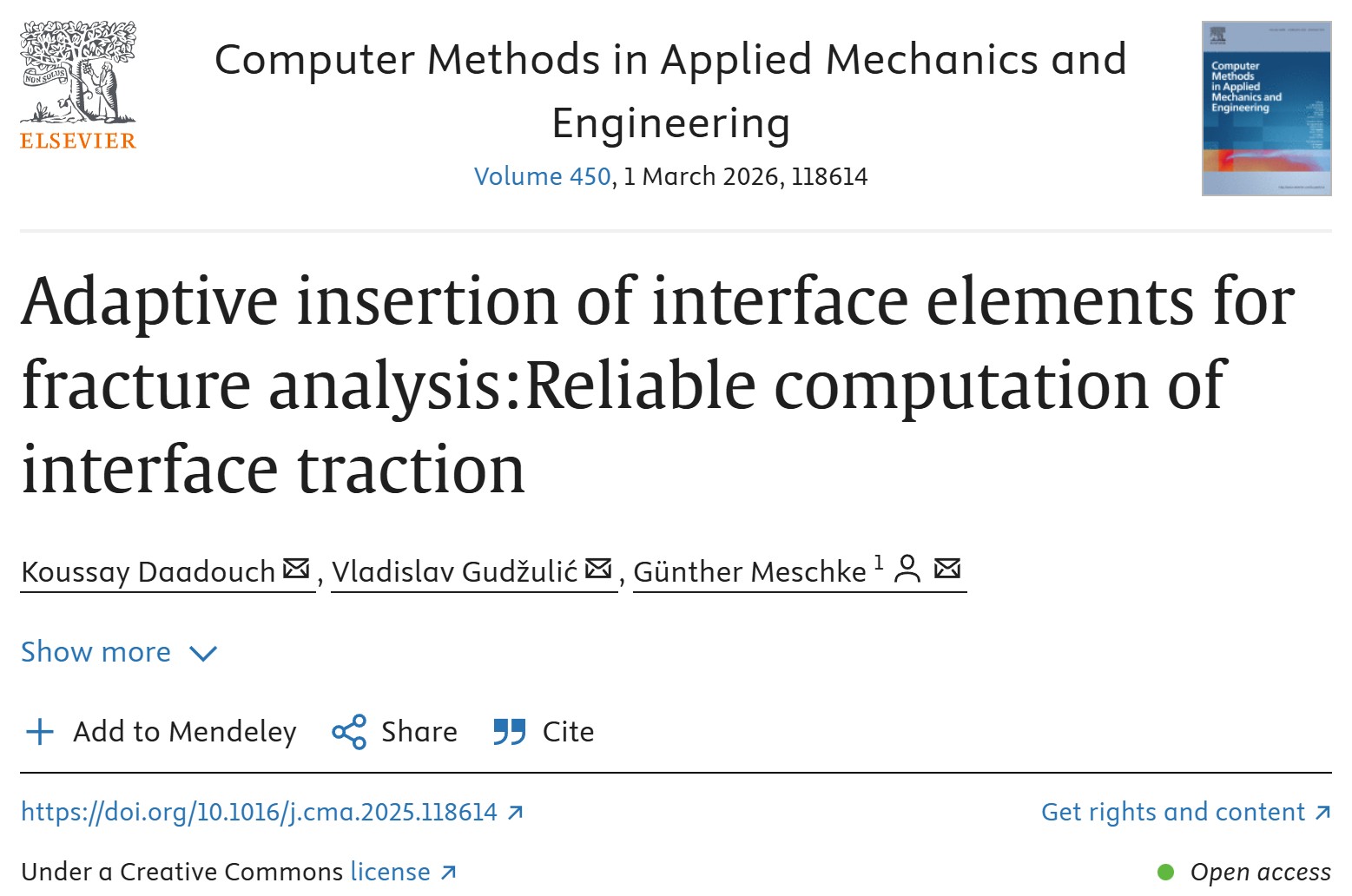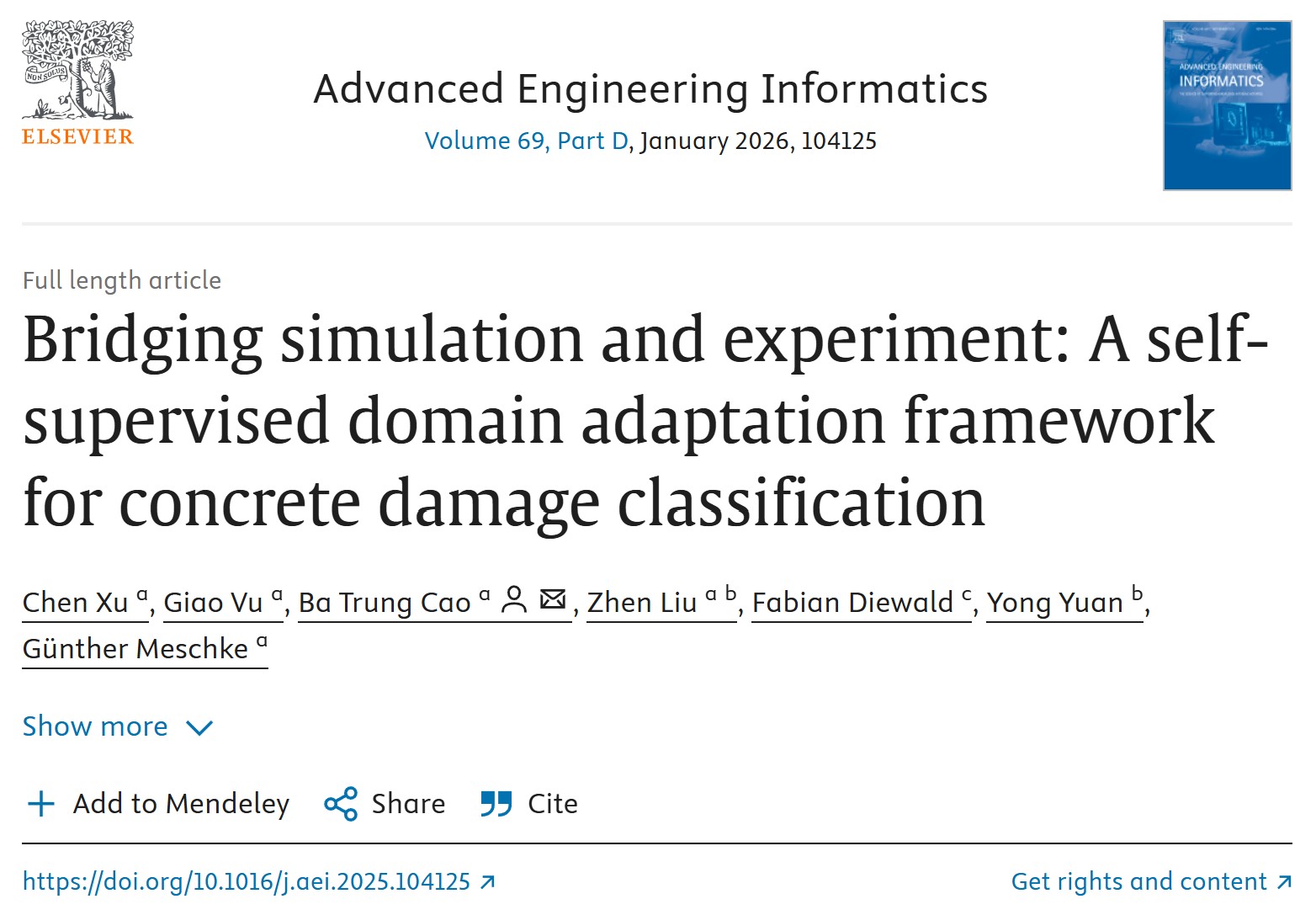
10.07.2014
In mechanized tunneling using TBM's the contact of the cutting tools with the rock (or soil) precedes every other work like mucking and support. Penetration into the cohesive/frictional porous solid by the tip of a disc cutter or cutting pick of a TBM, can be achieved only a fraction of a cm at a time. Analysis of the cutting processes in rocks and soils give precious information on rock mechanical properties e.g. strength, deformability and abrasivity (backward problem). The forward problem is the optimum design of cutting tools, i.e. picks, discs, then of the cutting head and operational parameters. In order to achieve both aims the logical step is to study first the mechanics of a single cutter penetrating and cutting the geomaterial and then compose the whole response model of the cutting head. Analytical models of cutting tools for Geomaterials based on Elasticity Theory, Limit Theory of Perfect Plasticity and Linear Elastic Fracture Mechanics are presented.
Before the outset of the excavation of a TBM several geotechnical and geological data are collected along the tunnel "corridor". This data should be interpolated along the planned tunnel axis on a 3D grid of the geological model. Geostatistical theory accompanied with CAD tools provide the mathematical/geometry frame needed for the estimation of spatially or temporally correlated data from sparse spatial sample data. Then it is possible to correlate the TBM performance with the geological-geotechnical conditions at regular intervals along the tunnel. Herein, we are going to display the above concepts and tools with two example case studies, one referring to the double tube tunnel DB320 project (part of the KCRC West Rail Project in Hong-Kong) and another pertaining to a 1,800 m section of the metro line extension in Athens.
SFB_837_Gastvortrag_Exadaktylos.pdf

"Adaptive insertion of interface elements for fracture analysis: Reliable computation of interface t
more...
Chen Xu, Giao Vu, Ba Trung Cao, Zhen Liu, Fabian Diewald, Yong Yuan, and Günther Meschke are the au
more...